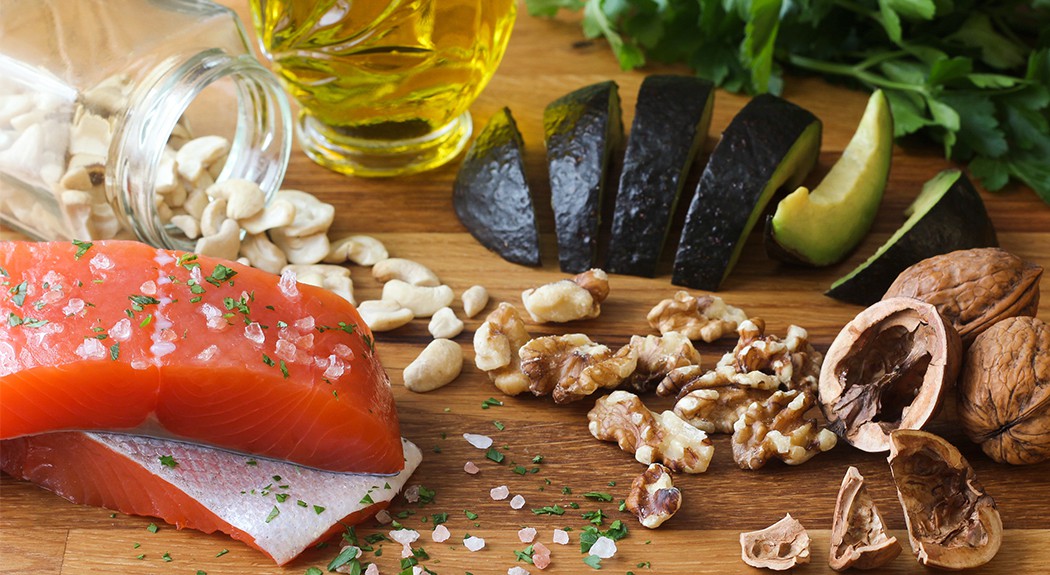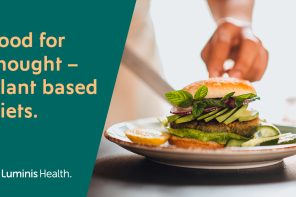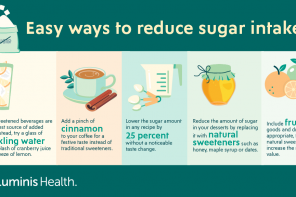If you are feeling forgetful, it could be due to a number of different factors, such as lack of sleep, low physical activity, lifestyle, environment or genetic factors. Your diet could also be the culprit. Diet plays a role in your brain health.
The best menu for boosting memory encourages good blood flow to the brain, similar to what is recommended to nourish and protect your heart. Research shows the Mediterranean diet helps to keep aging brains sharp, and a growing body of evidence links foods like those in the Mediterranean diet with better cognitive function, memory and alertness.
To optimize brain health, here are a few suggestions to consider:
Eat your vegetables. Eating adequate vegetables, especially cruciferous ones, including broccoli, cabbage and dark leafy greens, may help improve memory. Try a kale salad or substitute collard greens for a tortilla in your next sandwich wrap. Broccoli stir-fry is also an excellent option for lunch or dinner.
Work in walnuts. Well known for a positive impact on heart health, walnuts may also improve working memory. Snack on a handful of walnuts to satisfy midday hunger. Add them to oatmeal or salad for a crunch or mix them into a vegetable stir-fry for extra protein.
Be sweet on berries and cherries. Berries, especially dark ones such as blackberries, blueberries and cherries, are a rich source of anthocyanins (natural pigments with health-promoting properties) that may boost memory function. Enjoy a handful of berries for a snack. Mix berries into cereal or try baking them into a dessert. You can reap health benefits from fresh or frozen berries and cherries.
Get adequate omega-3 fatty acids. Essential for good brain health, omega-3 fatty acids, docosahexaenoic acid (DHA) in particular, may help improve memory in healthy young adults. DHA is the most abundant fatty acid in the brain, essential for its growth and functional development. It makes sense that if you have higher levels of DHA in the blood, then the brain will operate more efficiently.
Seafood, algae, and fatty fish, including salmon, Bluefin tuna, sardines and herring, are some of the best sources of omega-3 fatty acids. Substitute fish for meat a few times a week to get a healthy dose. Grill, bake or broil fish for ultimate flavor and health. Try salmon tacos with red cabbage slaw. Snack on sardines or enjoy seared tuna on salad greens for dinner. If you don’t eat fish, try tofu, walnuts, chia seeds, kale, collards or spinach, which are also packed with DHA.
These foods are not just good for brain health, they sustain a healthy heart and all parts of the body. While there is no guarantee that these foods will help you remember where you put your keys tomorrow, over time they can support lifelong good health.

By Ann Caldwell and Maureen Shackelford, nutritionists and registered dietitians at Anne Arundel Medical Center. To reach them call 443-481-5555.




